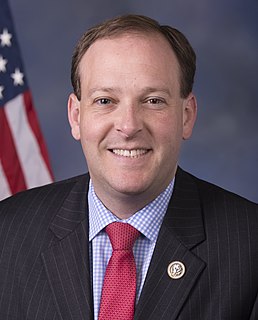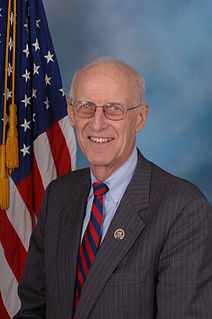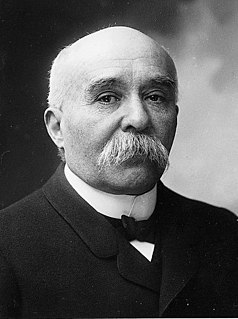A Quote by George W. Bush
I'm a war president. I make decisions here in the Oval Office in foreign policy matters with war on my mind.
Related Quotes
The tough decisions that a president has to make in the Oval Office are in no way related to the capability of a person to do well on television. On the other hand, the capability of a person to project favorably on television enhances that person's odds of being elected so he can serve in the Oval Office. So you can't ignore the talents, one, to be very effective on television, and on the other hand, to be very effective as an operating president.
We need a president who will lead with a stronger, more consistent foreign policy. We also need our commander in chief to put more faith in military leadership who have all of the combat experience. It’s bad policy to try to micromanage too much operationally and tactically from a desk in the Oval Office.
The dirty little secret is that both houses of Congress are irrelevant. ... America's domestic policy is now being run by Alan Greenspan and the Federal Reserve, and America's foreign policy is now being run by the International Monetary Fund [IMF]. ...when the president decides to go to war, he no longer needs a declaration of war from Congress.
It was interesting watching the Afghanistan war review deliberations, this three-month process where Barack Obama did the most thorough foreign policy review ever by a modern American president. Compare that to Libya. For a month he said we weren't going to do anything, then suddenly changed his mind and did it on the fly. My view is that it's not how long or quick you take to make a decision, it's whether you make the right one.


































